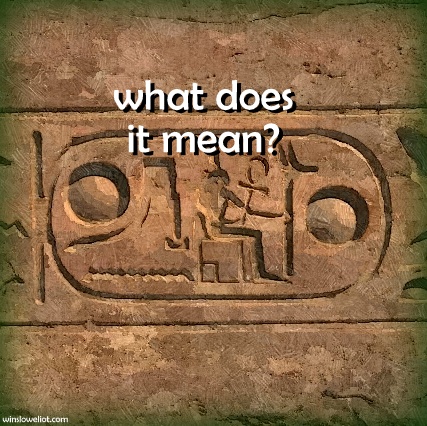
Stillness 8-21: As humans, we’re always trying to figure things out, as a lot of psychological research has demonstrated. Our brains are wired to make sense of nonsense, to put things into context, to logically arrange and explain. We develop this capacity from an early age. Very quickly, we learn not to trust our feelings, because in a contest with our logic, they often make no sense at all.
But ideally we need to enjoy both to live fully and expressively. We need to flow back and forth and combine both. Intelligence is good! Science is good and it’s so interesting! And so are our feelings about things and people–our remarkable intuition. We need both in order to survive. We need both to feel good. If we block our intuition with too much logic, we become dry, dead sticks instead of lush, juicy balls of happiness. If we live solely in our emotions, we become ungrounded, inarticulate, and helpless.
One of the best ways to practice balance of intuition and intelligence is to become more neutral about both. Observe your feelings. Watch your thoughts and greet them and let them go on by. Don’t become the thought itself, which is often our tendency. And don’t become the feeling—you can feel the feeling without becoming it. You are spirit that contains thought and feeling.
Sometimes when I was young my mother would excitedly call to me, saying, “Look! Three blackbirds on the lawn!” or “Come and see—there are four spiders weaving a web in the north corner of the house!”
I’d rush to where she was and beg for answers: “What does that mean?” I’d ask, over and over. “What does it mean?”
She’d laugh and say, “That’s what you’ll need to find out. But for right now all you have to do is notice.”
